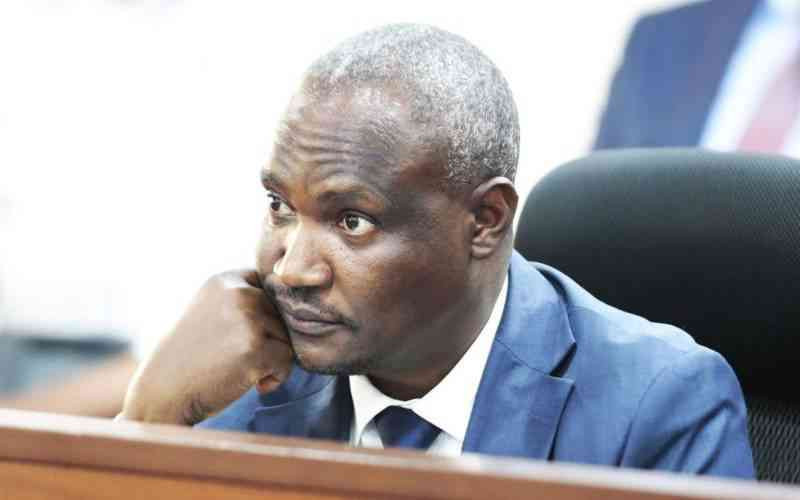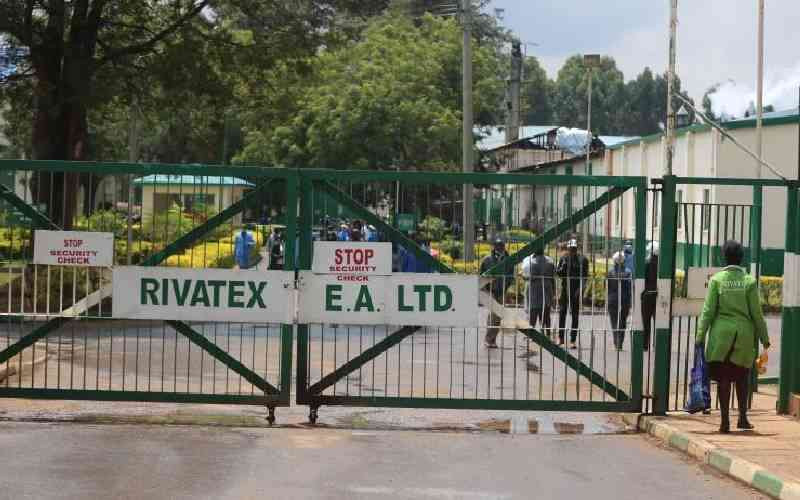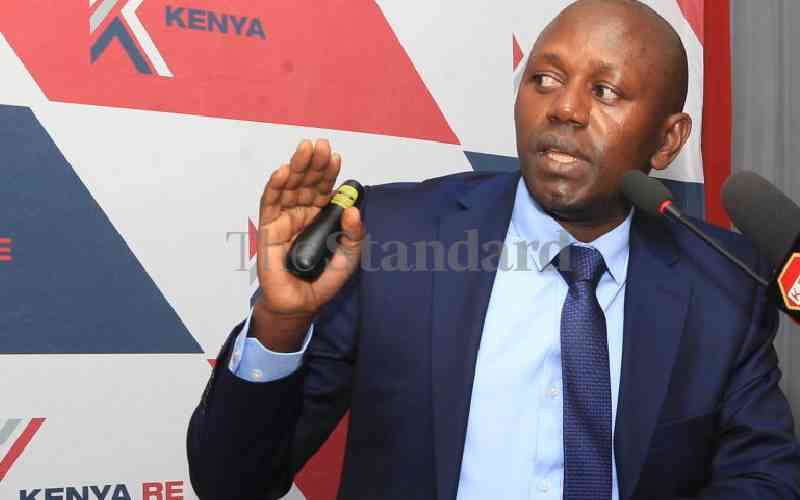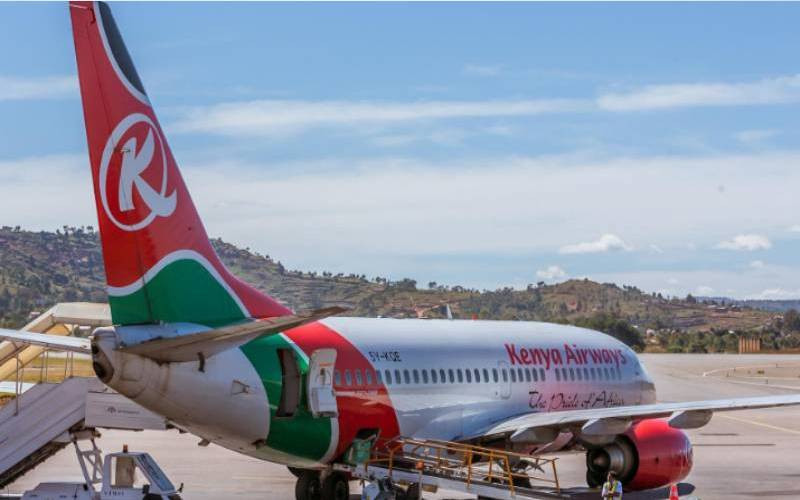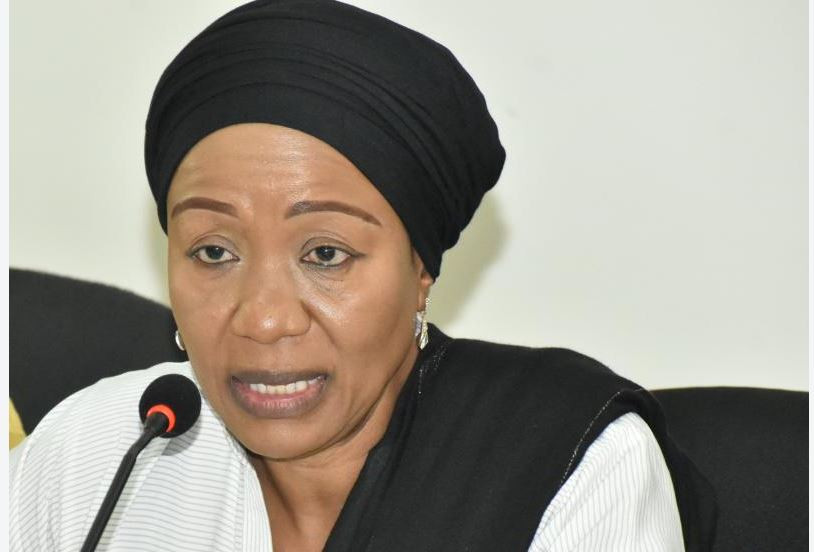
Senators have launched investigations into deteriorating nursing care for newborns in health facilities across the country following numerous reports from mothers of newborns indicating that critical nursing interventions are not provided in a timely or consistent manner.
Nominated Senator Hamida Kibwana raised the alarm, stating that failure to provide services exposes newborns to preventable complications including sepsis, hypothermia, feeding problems and, in severe cases, avoidable neonatal deaths.
In a statement before the Senate plenary, Kibwana sought to have the Ministry of Health address the extent to which newborns are missing essential nursing care in both public and private health facilities, as well as the underlying causes of such lapses.
“The Senate Health Committee should address strategies put in place to strengthen supervision, accountability and continuous professional training for nurses providing neonatal care,” said Kibwana.
She noted that the interventions include timely initiation of breastfeeding, monitoring of vital signs, infection prevention, thermal care, vaccination and health education for mothers. Kenya’s neonatal mortality rate is 21 deaths per 1,000 live births as of 2022, which is far from the Sustainable Development Goal target of 12 deaths per 1,000 live births.
The Nominated Senator sought to have the Senate Health Committee address the government’s plans to align newborn nursing care with national health strategies and Sustainable Development Goal 3, specifically target 3.2 on reducing preventable infant and child mortality.
Kibwana also called on the Senate Health Committee to address measures currently being undertaken by the Ministry of Health and County Governments to ensure that every newborn receives comprehensive and quality nursing care.
“The Senate Health Committee should also address the dispute between the Kenya Medical Practitioners and Dentists Council (KMPDC) and the County Governments on the regulation of ambulances and emergency medical services,” said Kibwana.
The Council of Governors (CoG) has faulted KMPDC for issuing a public notice seeking to regulate ambulance services, despite express provisions of the Fourth Schedule of the Constitution that assign specific roles to both the National and County Governments.
Under Part Two of the Fourth Schedule, it is stated that the functions and powers of the County include health services, such as county health facilities and pharmacies, ambulance services, primary health care, licensing and control of undertakings that sell food to the public, veterinary services (excluding regulation of the profession), cemeteries, funeral parlours and crematoria, as well as refuse removal, refuse dumps and solid waste disposal.
Kenya is struggling with high and stagnant neonatal mortality rates, with about 21 deaths per 1,000 live births — a rate that has seen only minimal reduction over the past decade.
The governors rejected the directive by Kenya’s medical regulatory council requiring counties to register ambulances and emergency personnel, calling it an unconstitutional intrusion into devolved health functions.
According to the KMPDC notice, counties were to register all ambulances providing emergency medical services, as well as paramedics, emergency medical technicians (EMTs), ambulance operators and other healthcare workers involved in pre-hospital care.
The directive also stated that failure to comply would result in prohibition from operating ambulances or offering emergency medical services.
Earlier talks between the Ministry of Health, the Social Health Authority, and counties explored the idea of a national ambulance dispatch centre funded via the Emergency, Critical and Chronic Illness Fund.
Stay informed. Subscribe to our newsletter
Senators have launched investigations into the dispute, questioning whether County Governments were adequately consulted and whether KMPDC has any legal mandate to regulate ambulance services.
“We want to know what measures will be taken to prevent duplication, ensure constitutional integrity of devolved functions and strengthen coordinated emergency healthcare. The committee should address whether there are proposed frameworks to harmonise national and county government emergency medical systems,” said Kibwana.

